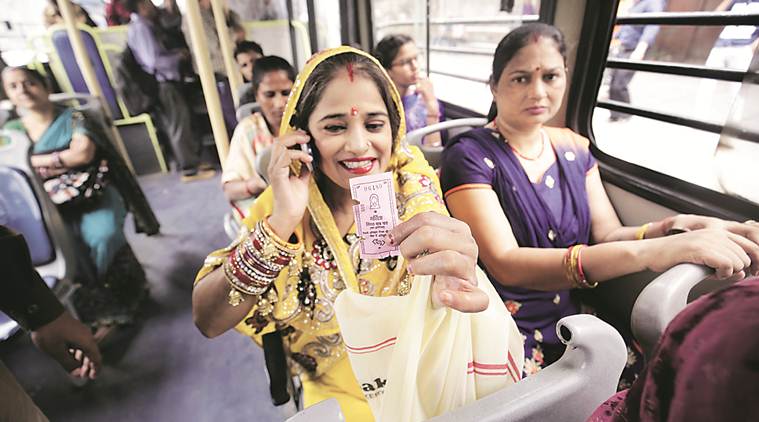 The govt said there is “no consolidated data” yet on the actual, cumulative impact of its welfare policies. (Express Archive)
The govt said there is “no consolidated data” yet on the actual, cumulative impact of its welfare policies. (Express Archive)
Fresh from a victory powered largely by a host of welfare policies, the AAP government has initiated a study on the impact of its subsidy-driven governance model on the lives of people, observing that there is “no consolidated data” on the “actual impact” of the schemes.
A third-party agency will carry out the study titled ‘Impact of subsidies of the Delhi government on the socio-economic status of citizens and the local economy’ under the supervision of the government, according to official records accessed by The Indian Express.
“The Delhi government, since 2015, has provided subsidies to the citizens of Delhi in the domains of healthcare, education, access to clean drinking water, electricity and women safety. Though there are ground reports of these subsidies making a significant impact on the quality of life of the citizens, there is no consolidated data on the actual impact made on the socio-economic lives of the people. The government will study the cumulative effect of all subsidies on the socio-economic life of the citizens of Delhi as well as on the local economy,” states the objective of the survey.
Incidentally, the annual budget of the government, where the next set of allocations will be made for the schemes, is expected to be presented within two weeks.
According to a sample form for the survey, respondents will be asked if they have benefited from reduced or zero electricity bills; water bills; free bus rides for women; free public education; and free or reduced cost of treatment in government hospitals in the past three months.
Once the study begins, a team comprising 22 surveyors aim to cover 3,300 households within a week. The households will be picked based on random sampling of those that received zero electricity bills, with the idea being that a household consuming less than 200 units of electricity would be of moderate earnings.
“And that would be the ones that avail most of the subsidies provided by the government. A questionnaire-based door-to-door survey would then be carried out, with questions on the spending and saving habits of working men, working women and the household in general,” states the document.
At least 300 households —from unauthorised colonies, JJ clusters, resettlement colonies, bungalows as well as planned housing colonies — will be surveyed from each of the 11 districts of the national capital.
The government’s annual average allotment for the power subsidy scheme since 2015 has been around Rs 1,574 crore. After the introduction of the zero bills scheme, the subsidy bill rose to Rs 2,255 crore in 2019-20. The free rides scheme for women in buses cost the government around Rs 140 crore in the 2019-20 financial year.